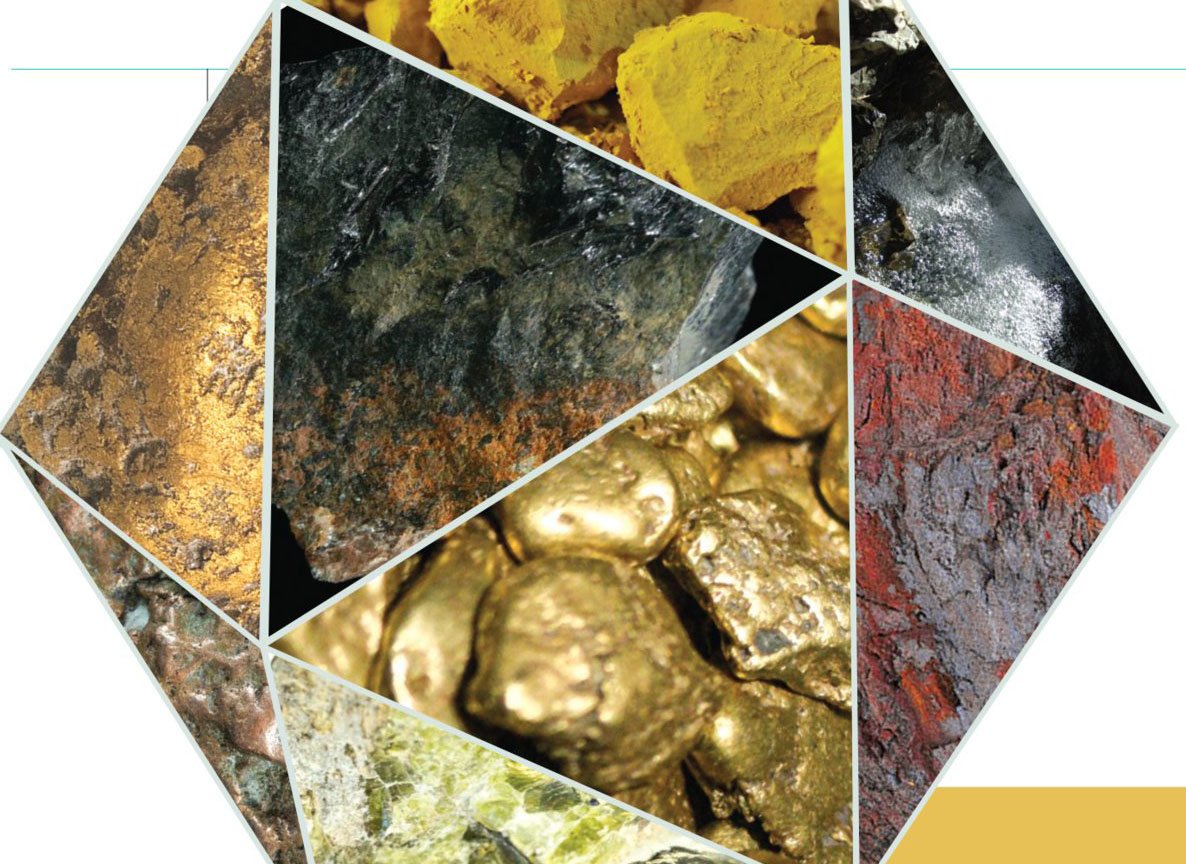“The state policy on the use of the natural resources shall rely on the long-term development policy to endorse rights of each citizen in current and future generations to live in a healthy and safe environment, consolidate returns on land subsoil wealth at the Sovereign Wealth Fund for equal and fair distribution”. Constitution of Mongolia Provision 2 of Article 6.

Ts. Elbegsaikhan
Why does Mongolia need a sovereign wealth fund? If the return on a sovereign wealth fund cannot exceed the government’s debt obligations and interest on loans, can the assets of this fund be called wealth? One common misconception is that if we somehow manage to create a wealth fund, the money invested in it will bring instant profits and make people happy. Managing a wealth fund requires great responsibility. Assuming that a wealth fund is created, who will be accepted by all as capable of managing the fund?
A WEALTH FUND IS NOT A WELFARE FUND
The constitutional provision cited at the beginning of this article seems to be a rather serious obstacle that the Sovereign Wealth Fund of Mongolia may stumble over. How will the Fund deal with the issue of ensuring the rights of current and future citizens to live in a healthy and safe environment? In fact, the assets of the wealth fund should be dedicated to ensuring the stable and independent economic well-being of present and future generations. For some reason, this part from the Constitution about “consolidating returns on land subsoil wealth at the Sovereign Wealth Fund for equal and fair distribution...” reads to me like a detailed definition of the political promises “Motherland’s gift” and “Share of the wealth*”.
This is how the Constitution “formalizes” another of our big misconceptions about the Sovereign Wealth Fund. I don’t know where it came from, but everything under the Mongolian soil is of immeasurable value and everyone has the right to enjoy it equally. With this belief, everyone expects to become the owner of the Sovereign Wealth Fund. But no one knows how to manage this wealth. The word “wealth” can be understood as “riches,” and people believe that money should constantly flow from the “rich fund” to their purse. When this expectation is legitimized in the Constitution, the Sovereign Wealth Fund becomes just another welfare fund and will surely become an important card to play when buying electoral votes. We have been through this for the last ten years. The most hasty decision we made was to pledge our unearned sales revenues, take advance payments from customers for coal and minerals and distribute them equally to the public. The result was a large debt, and until it was paid off, the depression and recession continued for a long time. We are only now emerging from that crisis. The next parliamentary elections are less than a year away. Prominent politicians are actively seeking the adoption of the draft law on the Sovereign Wealth Fund, while parties are hastily preparing and submitting their drafts, which does not give hope for good results. From the experience of foreign countries that successfully manage their wealth funds, it is clear that for that to succeed, all political forces must come to an agreement. But the given actions of our parties show that they do the opposite. Second, what do we mean by “returns on land wealth”? There is only one possibility left which is to implement this provision of the Constitution, that “regulates” the operation of the wealth fund. Tax revenues and mining royalties are not considered “returns on land wealth”. This is because these taxes make an irreplaceable contribution to the state budget. So, the only remaining way to accumulate capital is to receive dividends through state ownership of mining deposits. This creates a vicious circle which is impossible to break if you bring it to a situation where you need to own more shares to get more votes.
THE WEALTH FUND IS NOT BUDGET MONEY
Therefore, careful preparation is needed before the adoption of the law on the Sovereign Wealth Fund. The preparation includes eliminating the above-mentioned misunderstandings as well as improving budget discipline. During the Covid-19 pandemic, budget transparency was lost and many mistakes and distortions were made, which have not been corrected to this day. There is no opposition to fight this. Of all risks, the most serious is that the wealth fund could be used to fill budget holes. When forming the budget, Mongolia focuses mainly on the revenue side and does not pay due attention to the efficiency of expenditures and rational spending. Simply put, the government makes a wish list and then starts looking for funds to realize it. In doing so, they do not think how this wish list will help to achieve strategic goals and how it will affect the country. No one is interested in serious planning. In this situation, only politicians will benefit from legalizing the management of the wealth fund without any detailed provisions. In particular, the fact that this law is going to be discussed in a hurry raises even more suspicions. n